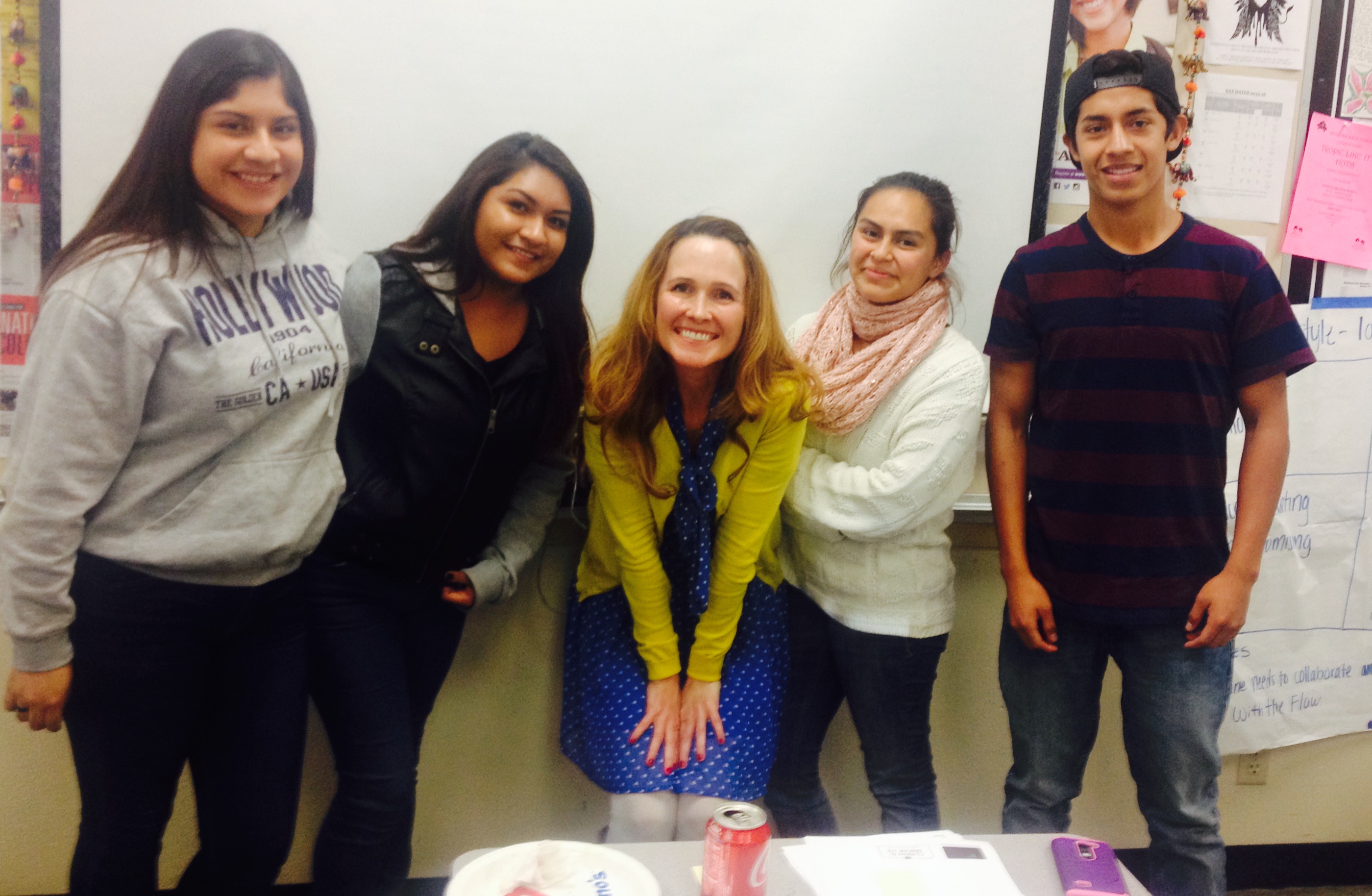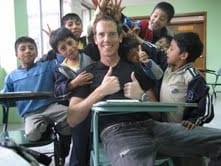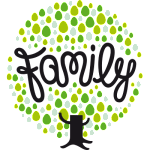SWOL’s programs are driven by founder Amie Scully’s personal connection with underserved teens. Amie was raised with an alcoholic father in an impoverished neighborhood where most of her peers fell into pregnancy, drugs, alcohol, crime and dropping out. Amie felt stuck and helpless to create a better future for herself. Fortunately, a mentor stepped in and walked closely with Amie over landmines. She was awarded a scholarship for first generation college students. After college, Amie attended a top tier law school, the University of Michigan. As a lawyer, Amie spent nearly all of her spare time giving back to underserved youth in the United States and in Ecuador. She has been recognized by many organizations for her service, including the San Diego Daily Transcript Young Attorney Award and the San Diego County Bar Association Bar Star recognition. Amie now fully devotes her life to bringing resources to the most vulnerable and marginalized in our communities and accompanying them through their struggles. Kevin has worked with underserved and minority immigrant youth within San Diego schools for nearly 20 years as a bilingual school psychologist, school administrator and education consultant. Given his experience and reputation within the school communities, Kevin serves as an esteemed liaison between SWOL and schools. Kevin uses his knowledge and experience to develop our popular Sensitivity Training Program for educators and Parent Programs. He also uses his expertise to connect students to key resources and provide quality intervention strategies and services to marginalized and struggling youth. Research shows that having just one stable and committed relationship with a supportive adult is the key ingredient to resiliency in young people. SWOL provides support through information and guidance to students who have been living in fear and despair most of their lives. This support gives them tangible hope. Students call them “little family meetings.” SWOL provides a safe confidential space where youth share and engage with their peers in a school-based support system. “We all came together in a circle. We each opened up about our stories and struggles. I connected with other classmates in a way I had never before. I am in a new place now, a safe environment, because we are all in this together.” Our students face tremendous obstacles without access to services that make flourishing possible. We accompany them on a personal and relational level through chaotic circumstances, unexpected problems and difficult situations with no easy solutions. Our students count on our commitment to them. Most students come to our workshops with questions they’ve long been afraid to ask. They’re confused and misunderstand their options. They feel forgotten and rejected. Our workshops give them powerful tools to make informed decisions towards a brighter future for themselves and their families. We serve the following middle and high school students within San Diego’s diverse immigrant communities.
Amie Scully, Esq., CEO & Founder

Kevin Scully M.A., Ed.S., Director of Programs and Community Outreach
What Difference Are We Making?
 Guidance from a caring adult moves students from fear to hope.
Guidance from a caring adult moves students from fear to hope. A safe place to share improves students’ prospects and attitudes.
A safe place to share improves students’ prospects and attitudes.
Long-term access to resources boosts resiliency and perseverance.

Information empowers students to make positive choices.

Who Benefits from SWOL’s Programs?
Underserved, low-income youth
Minority and immigrant students
Teens who will be first-generation college students
Students requiring intervention
Foreign-born/Undocumented students
U.S. citizen students with undocumented parents
AB 540 students
Homeless and unaccompanied minors whose parents have been deported
Teens victims of cross-border human trafficking
Immigrant youth who are victims of domestic violence
Students without access to information and resources
Teens who arrived in the U.S. as young children
